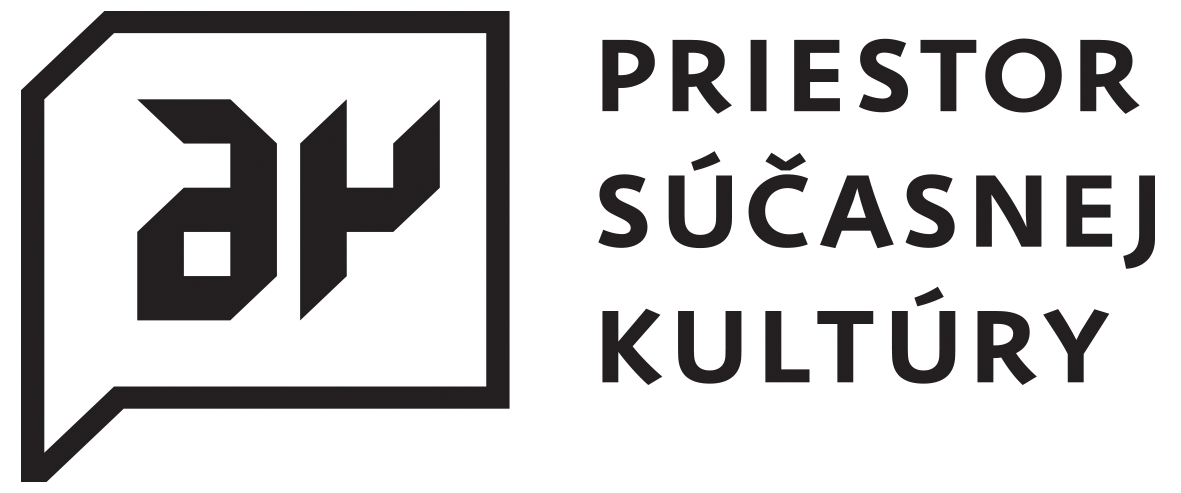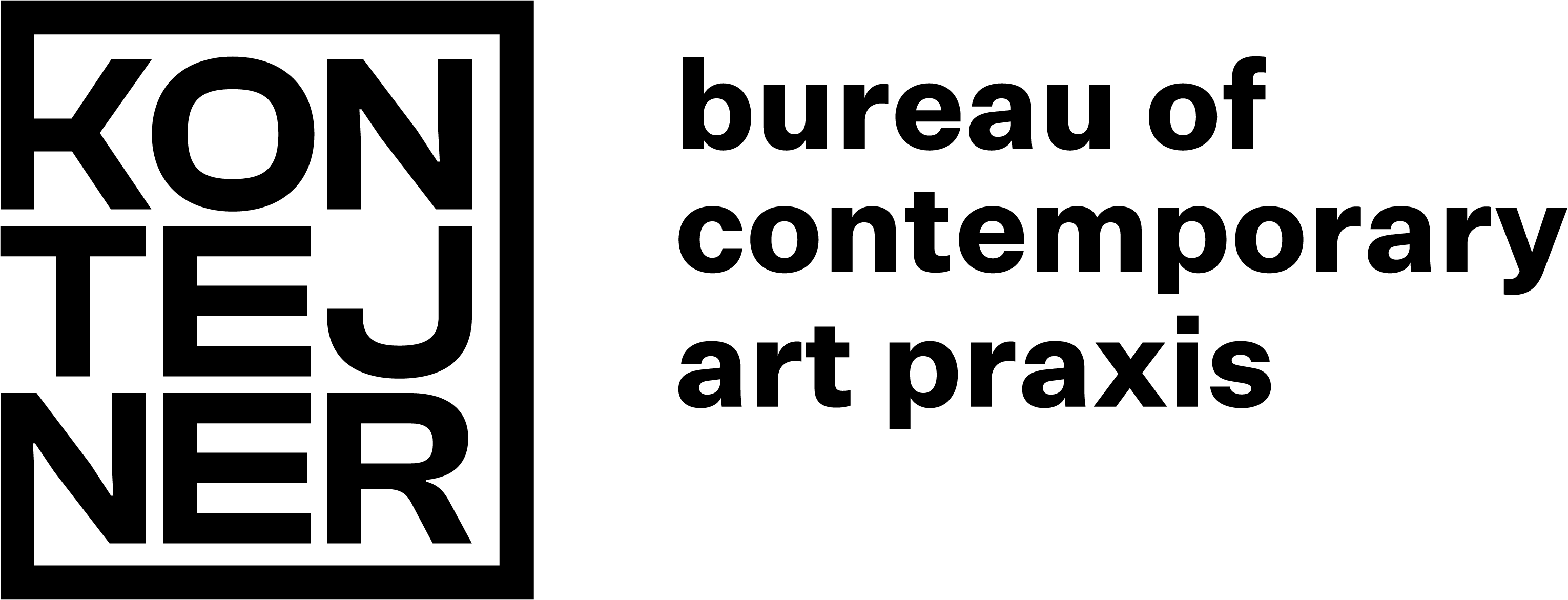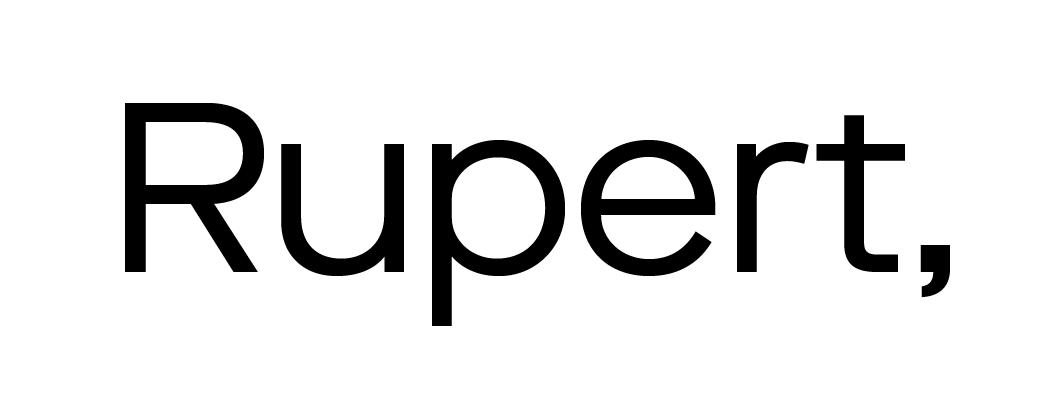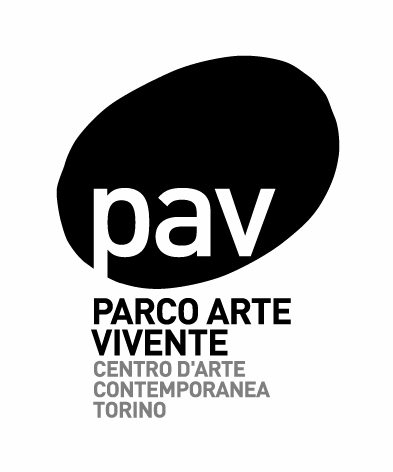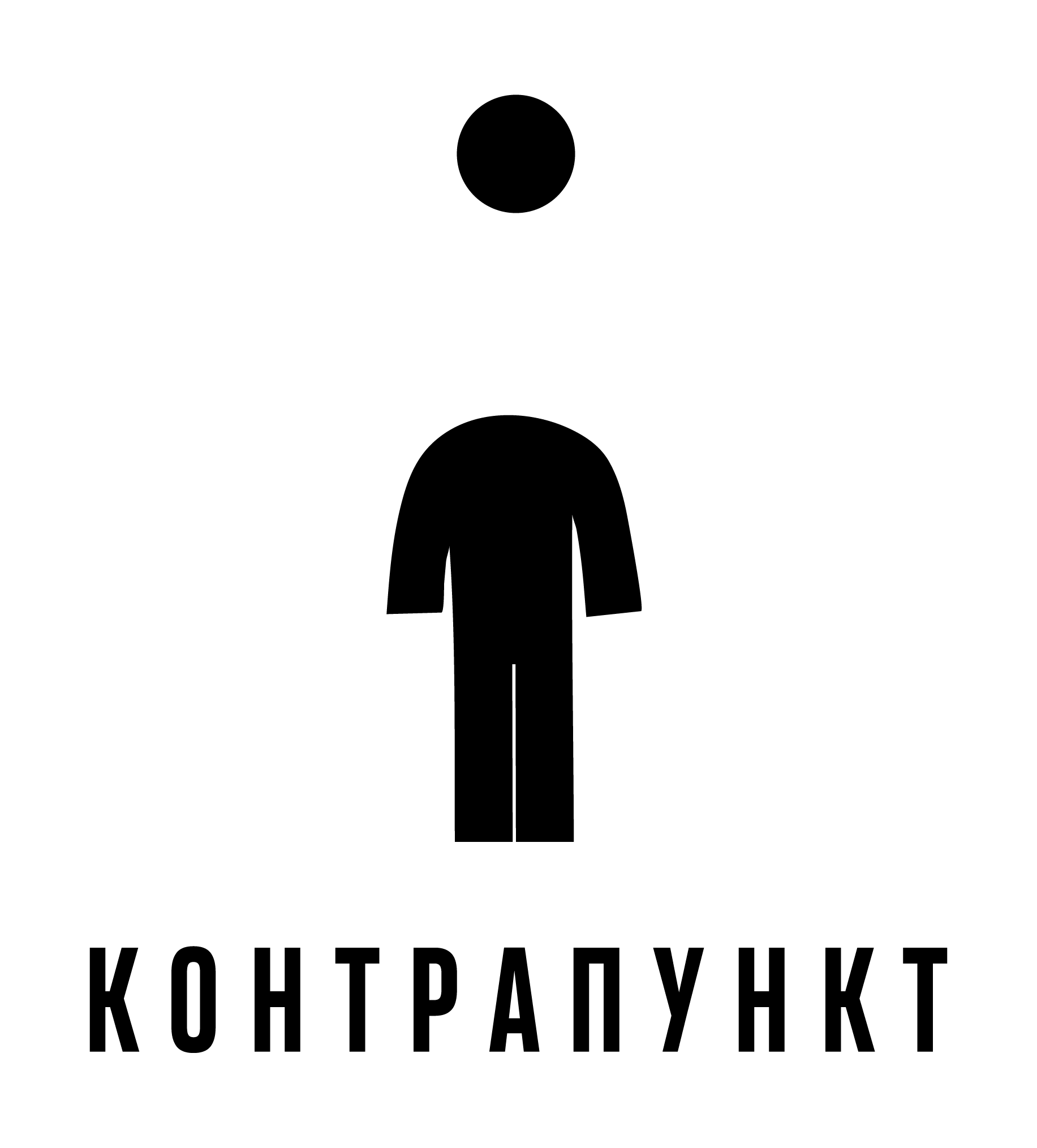Guidelines on Environment for Cultural Organisations
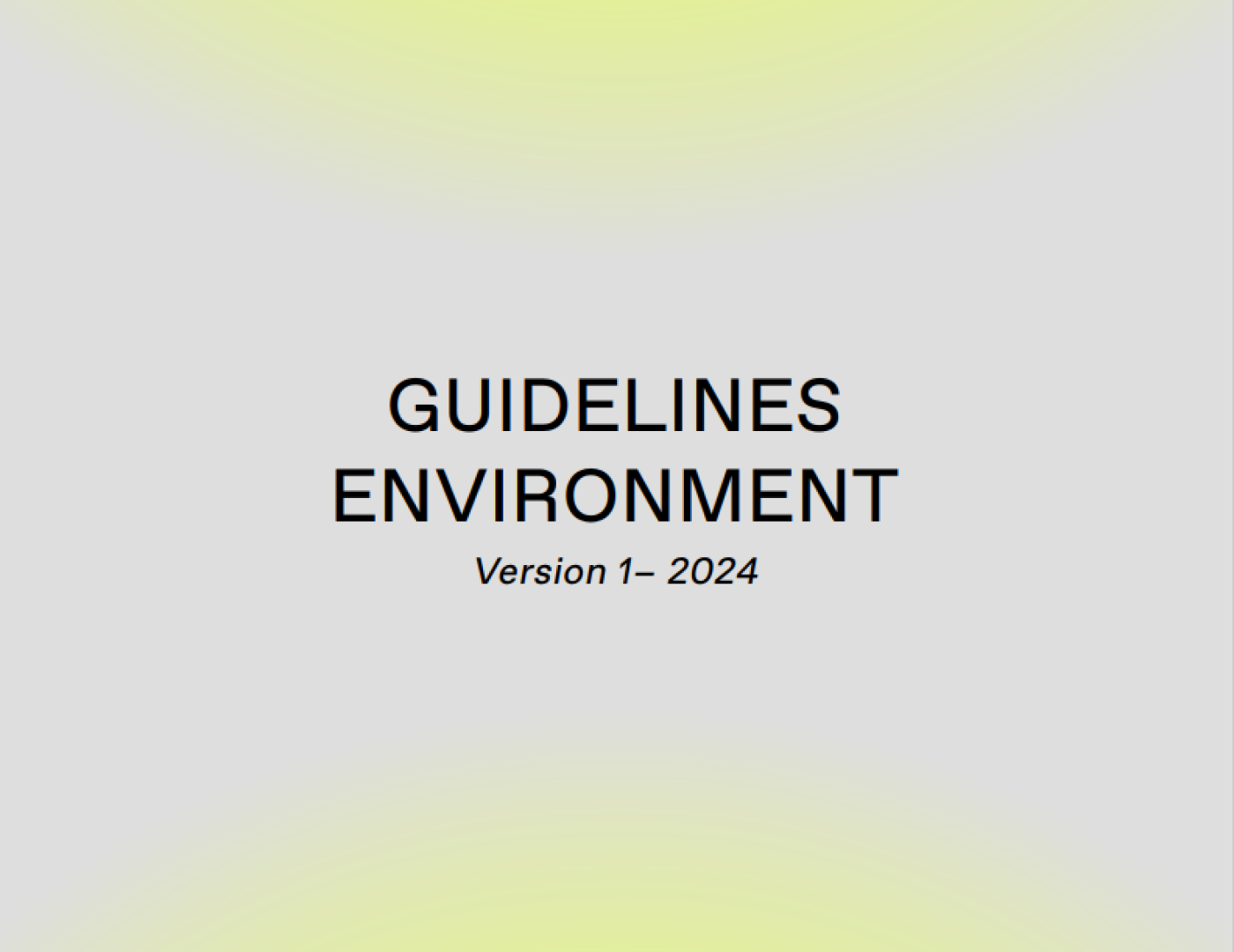
Re-Imagine Europe partnership Guidelines on Environment is a ‘living document’ that serves as a reference framework for the partners in considering, implementing and monitoring ambitions, goals and measures related to ecology, and environmental sustainability.
We acknowledge that our organisations differ in scale, financial and local contexts, and the art forms they accommodate. This is why we are developing these guidelines together, so that they can provide enough space for these very different contexts without watering down ambitions. Developing these guidelines contributes to a process of shared learning and collaborative knowledge production on matters concerning the environmental impact of cultural organisations.
The issues concerning the environmental impact can be quite different for each of our organisations, and the way in which we can approach them might differ as well. This is because the ecological, cultural and political contexts that we find ourselves in are different, and we all come with our own aims, histories and cultural backgrounds that influence how we deal with transformations and with making change. What brings us together is that we all share the belief that by becoming ecological sustainable our organisations will contribute to building a resilient European society. However, we acknowledge that we operate in a widely different field of cultural production and education, and that our contribution to change is limited. In this context we are committed to learn from each other and to leading by example.
Acknowledging the varied scales and formats of our partners, along with the fact that many of our organisations do not have their own buildings and cover diverse disciplines, we have strategically chosen to focus on project activities. This approach lets us maximise collaborative intersections and learning opportunities within the constraints of our timeframe.
These guidelines are informed by research on resources that are available for the cultural field across Europe, and that have been developed by other collaborations and platforms. We acknowledge them below in the final section of this manual.







